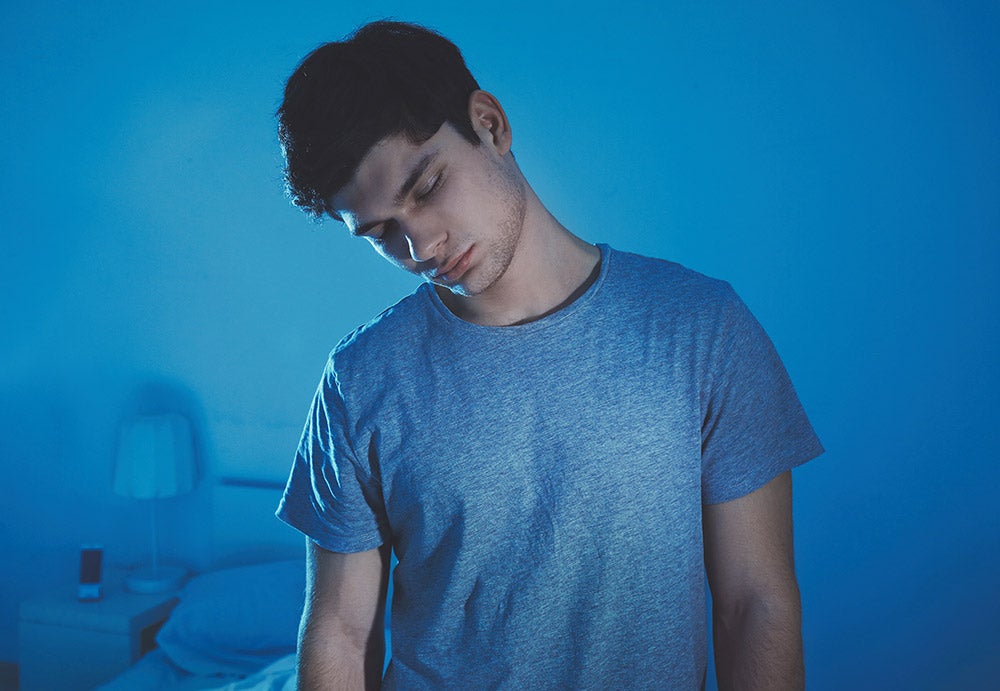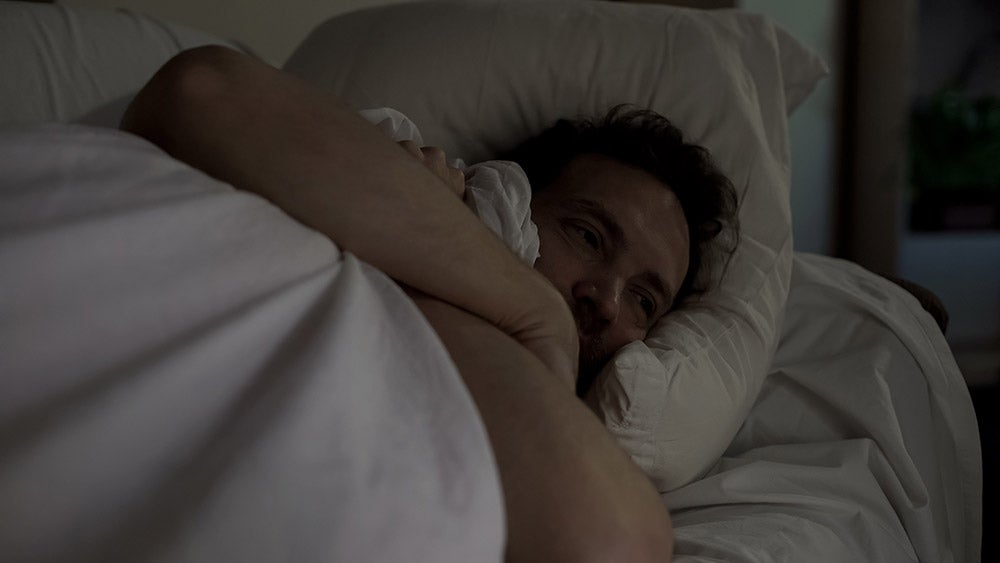For sure, you love to stop at your favorite cafe for a cup of coffee in the morning or even get an energy drink to get a burst of energy to brighten your day. As harmless as consuming these caffeine substances is, they can reduce the quality of sleep that you get.
Caffeine can be naturally extracted from plants, the sources include tea leaves, kola nuts, coffee beans, and cocoa beans. It affects your body quickly and reaches peak levels between the range of 30 to 60 minutes. The caffeine substance remains in your body for a long period.
Caffeine can also be synthetically produced and utilized for medications to help improve energy levels and promote alertness. Among all caffeinated drinks, coffee is the most concentrated. Although it is difficult to properly measure the amount of caffeine contained in a drink, you can find about 100-200mg of caffeine in a single eight-ounce cup of coffee.
As popular and widely accepted coffee is, it has profound effects on reducing the quality of your sleep. It reduces the time of your sleep leading to sleep deprivation and even the satisfaction level you get from the relaxing activity. This can lead to increased levels of fatigue, memory loss, and even irregular emotional reactions.
How Does Caffeine Consumption Affect Sleep Quality?
You must be wondering just how caffeine prevents you from getting a good night's rest. Well, you're about to find out.
-
Blocks Adenosine Function
Adenosine is found in the brain, it binds to adenosine receptors in the neural membrane. The binding is the one responsible for causing drowsiness by slowing the nerve activity. They are responsible for facilitating sleep and dilating the blood vessels. The dilation of the blood vessels helps in providing oxygenation to ensure that you get quality sleep.
Caffeine functions as an adenosine antagonist that blocks the slowing down process of nerve activity. Although it still binds the adenosine receptors, caffeine speeds up the activity of the brain cells. When caffeine activates neural activity, the pituitary gland discharges hormones that make the adrenal glands produce adrenaline.
This effect causes your heart rate and blood pressure to increase. It also slows down blood flow to your stomach and opens up your airways. When the adenosine function is blocked, caffeine consumption produces its most popular effect which is to give you extra energy and alertness.
-
Increases Dopamine Levels
Dopamine is another neurotransmitter in the brain that stimulates pleasure centers. Although substances like heroin have a higher impact on manipulating dopamine levels, caffeine consumption follows a similar mechanism. The increase of dopamine levels is seen as the major reason why people get addicted to caffeine.
When your dopamine levels are high, you feel good and remain alert, unable to sleep. However, once the effect of caffeine wears off with its adrenaline rush, you have to face reality. Reality means depression, fatigue, irritability, and constant jumpiness. This is unhealthy for you and it ruins what should have been a productive day's work.
As you get addicted to caffeine because of the effect it has on your dopamine levels, the quality of your sleep begins to depreciate. This is because you have to constantly consume caffeine to keep down feelings of depression or sadness.
-
Suppresses Melatonin
Based on more recent research, caffeine has been shown by scholars to reduce the production of melatonin by the pineal gland. Melatonin serves as a hormone that helps in synchronizing sleep, it is responsible for the regulation of your sleep-wake cycle which is also called your circadian rhythm. This rhythm is controlled by sunlight.
Your melatonin levels are naturally low in the mornings which makes you energetic. However, in the evening your body releases melatonin which prepares you for sleep and helps you relax.
However, the function of melatonin is controlled by neurotransmitters in the body that caffeine can affect. Caffeine delays this process by causing you to fall asleep late and even get less sleep eventually. It reduces melanin production and makes it difficult for you to fall asleep.
How To Get Rid Of Caffeine To Improve Sleep Quality
It is best to take caffeine if you want to improve your sleep quality for about six hours before you go to bed. Avoiding caffeine hours before you would help you sleep longer and better. This way you can wake up looking relaxed, healthy, and ready for the day's work.
You can also start to keep track of the quantity of caffeine that you consume. Starting your day with a high quantity of caffeine and ensuring that you reduce it towards the end to improve your sleep quality.
If you plan to cut off your caffeine intake altogether, you should do it gradually. Going through a gradual process would help you to avoid headaches and other situations that can come from stopping it abruptly.
Sleep is an activity that keeps you refreshed and helps you to relax your body. Anything that would reduce the quality of your sleep needs to be put under control even when it is an appealing cup of coffee. Make sure you are not dependent on caffeine to ensure you sleep well. If the situation persists, you can see a doctor to improve your sleep. Take only drinks that would keep you healthy, not the ones that would affect you negatively.



















